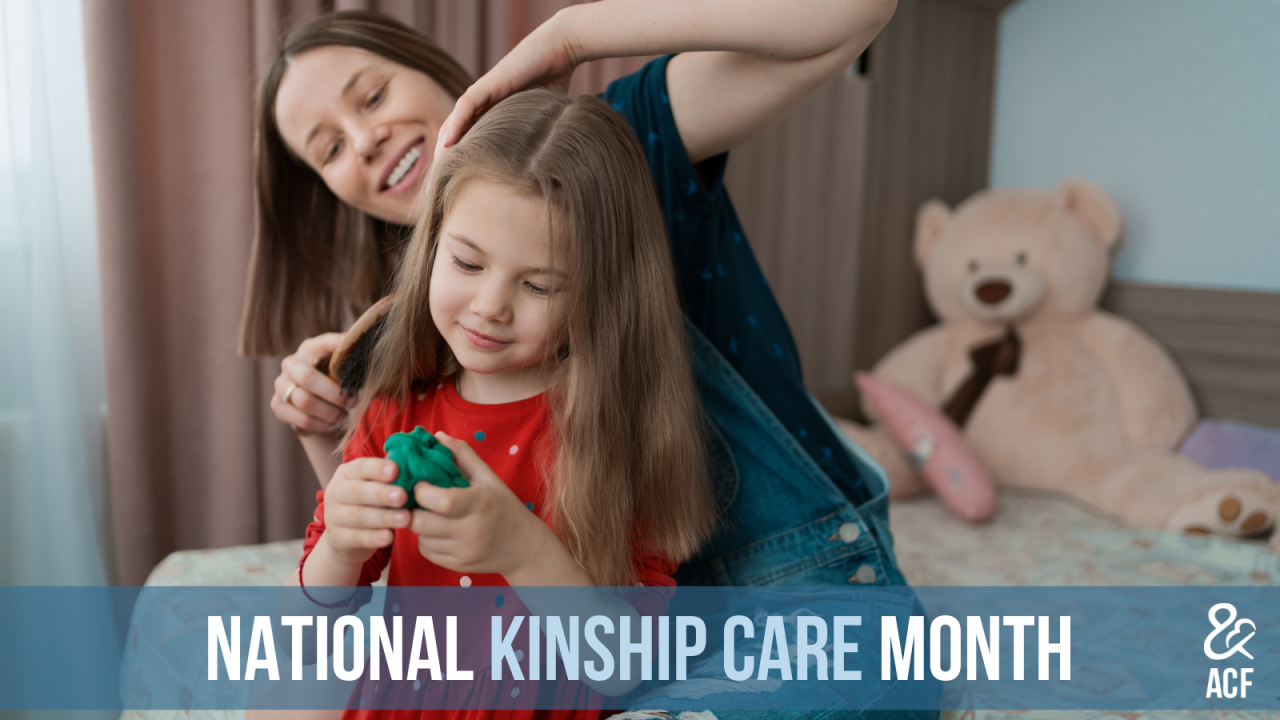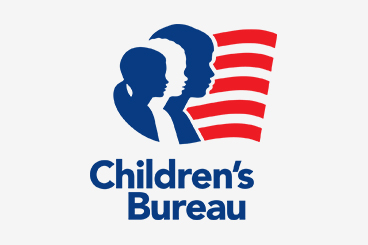About National Kinship Care Month
Each September, National Kinship Care Month is a time to recognize and celebrate the important role of relatives and fictive kin (those close to the family) who are serving as kin caregivers while acknowledging the importance of preventing unnecessary entry into foster care and keeping families together. Kinship care can help maintain family connections, minimize the trauma of out-of-home care, and encourage family reunification.
The Federal Government officially recognizes September as National Kinship Care Month. More than 10 States and many child welfare organizations across the country have supported and promoted the annual observance through webinars, outreach materials, and public awareness campaigns.
The Family First Prevention Services Act (FFPSA) of 2018 aims to prevent children from entering the child welfare system and requires jurisdictions to review their standards and procedures for licensing kinship foster parents. All States have the option to implement evidence-based kinship navigator programs, which are available in most States and can help kin caregivers find programs and services for themselves and the children in their care. In addition, the 2025 Supporting America’s Children and Families Act includes several provisions to support kinship families.
In 2023, the U.S. Administration for Children and Families published a rule that allows for separate licensing requirements for kin caregivers, removes barriers to licensing kin as foster parents, and allows families to work together to support family reunification. The new rule distributes equal payment for licensed or approved nonrelated and relative kinship parents. View States and Territories that have adopted separate licensing or approval standards for relative or kinship foster family homes.
View additional resources on kinship care:



